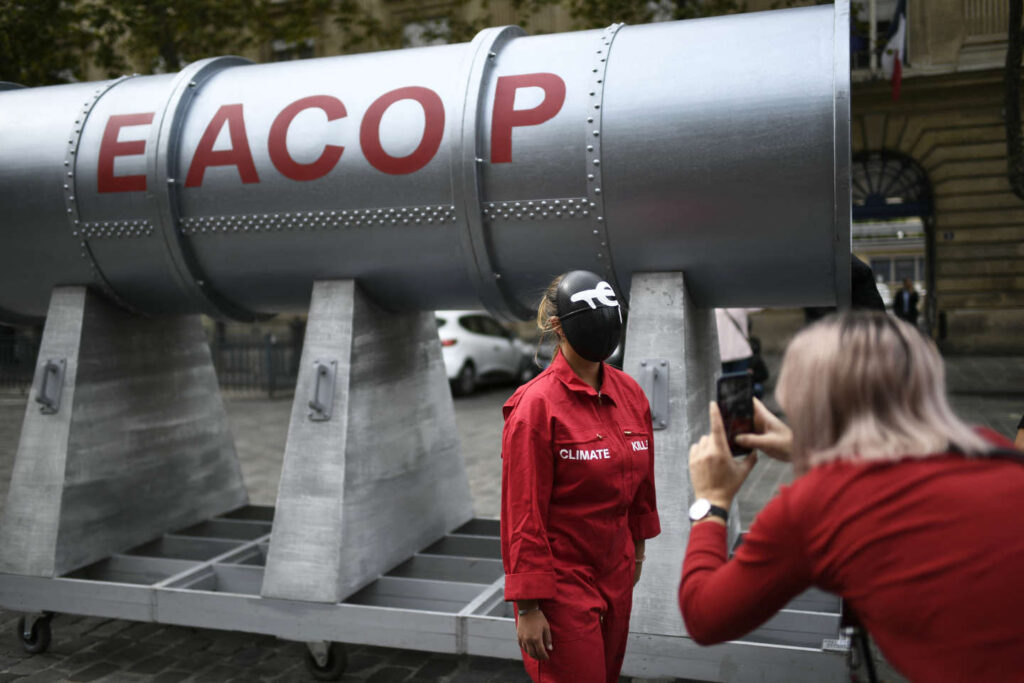Following the withdrawal of western banks from funding the East African Crude Oil Pipeline (EACOP) project, China has stepped in to provide the necessary financial support.
The EACOP project, which is the largest oil pipeline project in East Africa, aims to transport crude oil from Uganda to Tanzania’s Tanga port for export.
A week ago, Standard Chartered Bank retracted a $5 billion offer because activists claimed the project would generate more than seven times the greenhouse gasses annually than the rest of the country as a whole.
A spokesperson for Stanchart was quoted as saying that the financial institution “is not involved in the financing” of the 1,443-kilometer crude conduit from the oilfields in western Uganda to the coast of the Indian Ocean in Tanzania.
New Deals With China
Nonetheless, the French energy giant has struck a deal with China Petroleum Pipeline Engineering (CPP) for the construction and supply of line pipe, which shifts the center of gravity of the cross-border project to Beijing, from which the majority of the loans are anticipated to originate.
China Petroleum and Petrochemical (CPP) is a wholly owned subsidiary of the state-controlled China National Petroleum Corporation (CNPC), which also includes the China National Offshore Oil Corporation (CNOOC), which holds a 28.33% ownership in the Ugandan oil and an 8% investment in Eacop.
Ugandan officials insist that the pipeline’s financing is on schedule and coming from a variety of sources, including European, Middle Eastern, African, and Asian investors (especially China). Ruth Nankabirwa, minister of energy, has predicted that Beijing “will get money” for the pipeline project.
The governments have raised 60% of the needed money for the project, which is projected to enable huge economic activity throughout the 1,443-kilometer-long corridor, according to John Bosco Habumugisha, deputy managing director of Eacop, who spoke last month.
In a meeting with shareholders last year, TotalEnergies CEO Patrick Pouyanné estimated that Eacop would need between $2 billion and $3 billion in debt.
